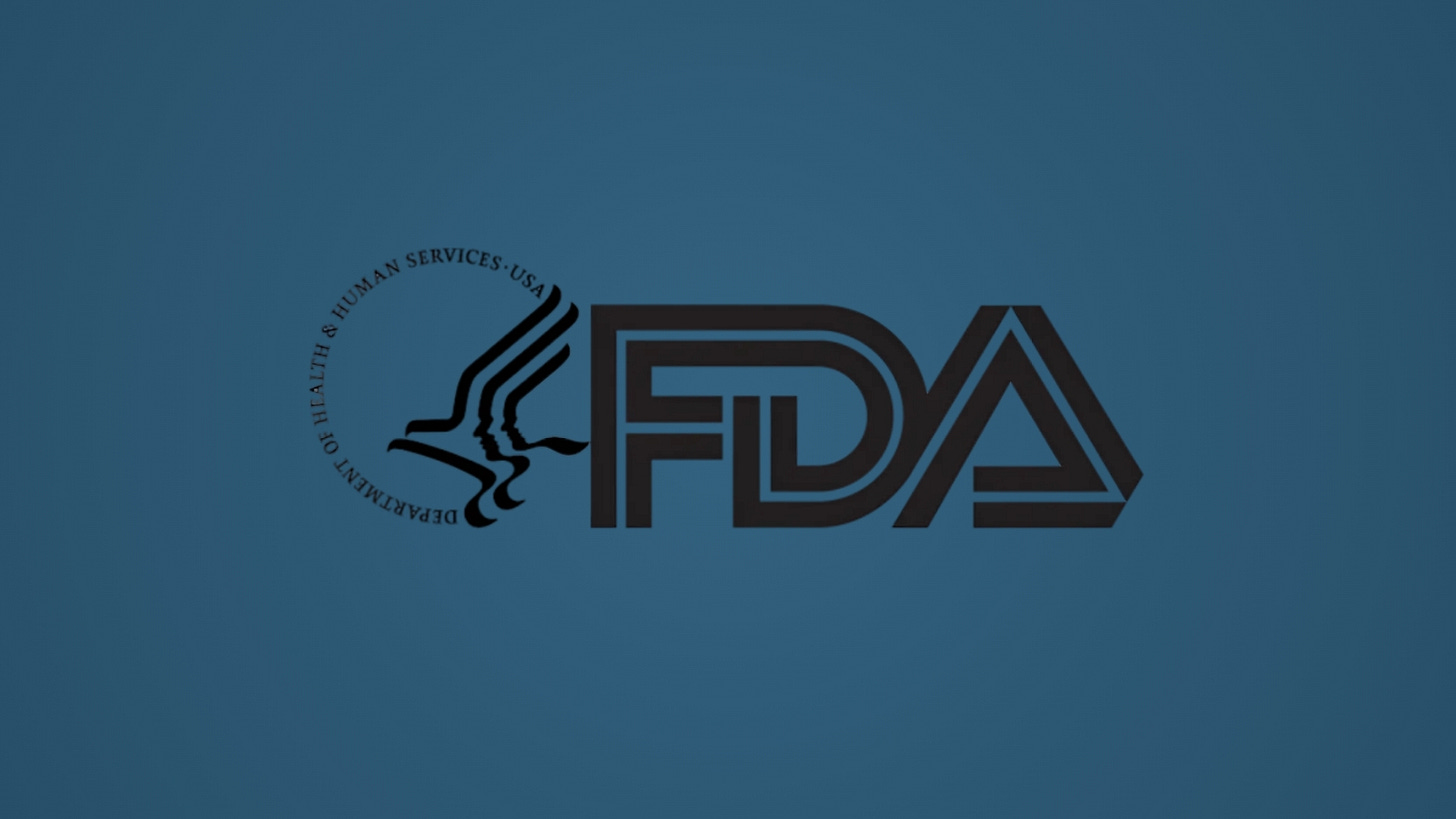Tracking Major Changes at the FDA: April 9
VAERS drama, executive firings, and a shrinking budget.
With the flurry of FDA updates, we’ll be sharing brief, semi-regular news roundups — quick, digestible explainers to keep you on top of the latest developments. Make sure you’re on our paid tier to get each issue in full.
Here’s a brief synthesis of the most recent reporting.
Leadership changes and personnel issues
No plans to rehire fired workers — Despite HHS Secretary Robert F. Kennedy Jr.'s previous statement about reinstating approximately 20% of federal workers, HHS reportedly has "no intention of reinstating any significant number of the staffers fired" as part of the recent reduction-in-force, according to POLITICO reporting by Adam Cancryn.
The FDA is actually asking for unpaid help — The FDA has asked some laid-off staffers to continue working temporarily without compensation as the agency navigates the transition. At least one senior official has agreed to stay on voluntarily to maintain essential functions, as reported by POLITICO.
Forced rankings for FDA leadership — A new Office of Personnel Management memo establishes stricter performance evaluation criteria for the FDA's Senior Executive Service professionals. The new system limits top ratings (Levels 4 and 5) to no more than 30% of total ratings, when previously about 90% achieved this ranking. The change impacts eligibility for performance-based pay awards and makes it easier to terminate SES professionals.
FDA comms department gutted — PR Week reports that most of the FDA's communications personnel were eliminated. Before termination, communications staff were required to submit all efforts to HHS's assistant secretary for public health, creating bottlenecks and reducing agency transparency.
Unions sue the Trump administration — Two unions formerly representing FDA workers, the American Federation of Government Employees and the National Treasury Employees Union, have filed lawsuits against the Trump administration, arguing that a recent executive order constitutes a "retaliatory attempt to punish federal employee unions."
Vaccine safety database controversy
VAERS access dispute — Peter Marks, former director of the FDA's CBER, told the AP that he refused to grant Kennedy's team unrestricted access to the vaccine safety database (VAERS), fearing potential manipulation or deletion. Marks ultimately provided read-only access but was later ousted from the FDA.



